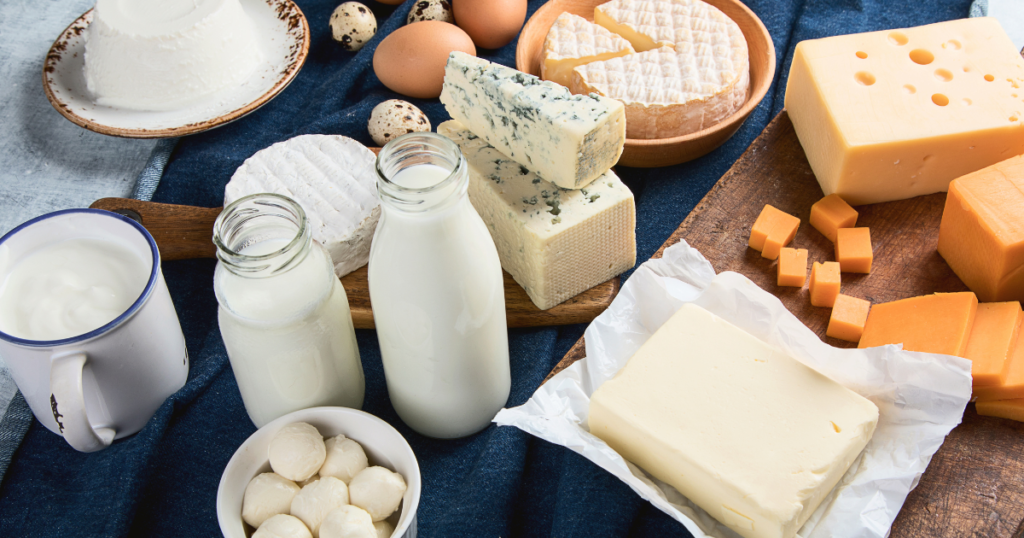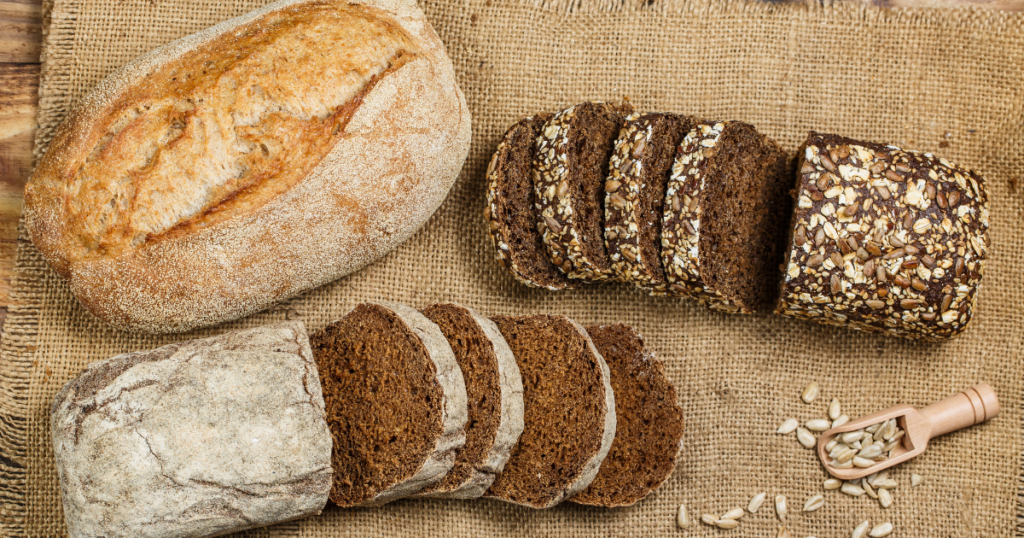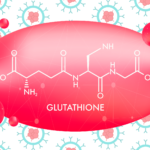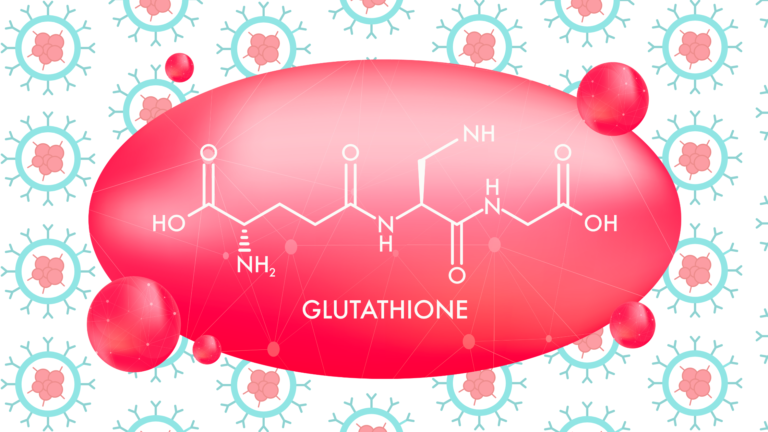
Berdi
urinary Track Health
If your little bundle of joy suddenly transforms into a crying machine, seemingly possessed by a demon, you might be parenting a colic baby. But you are not alone. Colic affects around 20% of infants worldwide. The worst part is that colic babies have an affinity for nighttime performances. Just when you’re craving some much-needed rest, your baby is bracing itself to keep you up all night.
Although parenting a colic baby can be very difficult, some simple tips and tricks can help you a bundle. These tips start with your nutrition if you are breastfeeding your baby. Proper nutrition is crucial for any breastfeeding mother, but it holds even greater significance when it comes to soothing a colic baby. As a new parent, you want the best for your little one, and that starts with the nourishment they receive from breastfeeding. The food you consume directly impacts the composition of your breast milk, and certain dietary choices can play a significant role in alleviating colic symptoms. By understanding the importance of nutrition and making informed choices about what you eat, you can provide your baby with a well-balanced, soothing blend of nutrients that may help ease their discomfort.
If you are breastfeeding a colic baby, you should avoid the following foods
Dairy products contain proteins that some infants may struggle to digest, potentially contributing to colic symptoms. Recent studies have shown that cow’s milk protein intolerance is a common culprit behind colic, affecting many infants. This intolerance can manifest as gastrointestinal discomfort, excessive crying, and irritability, mimicking colic symptoms. Research shows that eliminating cow’s milk from the mother’s diet significantly reduced colic symptoms in breastfed infants.
Furthermore, research suggests that the cow’s milk protein fragments may pass into breast milk, potentially triggering an immune response and causing discomfort in sensitive babies. The proteins, such as casein and whey, can be difficult for some infants to break down, leading to digestive disturbances and colic-like symptoms.
Considering these findings, many healthcare professionals recommend breastfeeding mothers eliminate or reduce dairy products from their diet if colic symptoms persist. However, it’s important to note that this recommendation may not apply to every baby, as each child may react differently to dairy proteins. Therefore, consulting with a healthcare professional or a lactation consultant is vital to ensure appropriate dietary adjustments and continued nutritional adequacy for both mother and baby.

Wheat and gluten-containing products have been implicated as possible triggers for colic symptoms in some infants. Research suggests that food allergies or intolerances, including gluten sensitivity, can contribute to colic-like symptoms in infants[. Gluten, a protein found in wheat and other grains, can be challenging for some babies to digest, potentially leading to gastrointestinal discomfort and increased fussiness. A 2018 study found a correlation between maternal gluten consumption and the occurrence of colic symptoms in breastfed infants.
Moreover, wheat and gluten-containing foods have been associated with gastrointestinal inflammation in susceptible individuals. This inflammation can exacerbate colic symptoms and contribute to the overall discomfort experienced by infants. Eliminating or reducing wheat and gluten from the mother’s diet may help alleviate these symptoms and provide relief for colic-prone babies.
It’s crucial to note that not all infants will be affected by wheat and gluten. The sensitivity to these substances can vary among individuals, making personalized guidance essential.

Nuts, particularly peanuts and tree nuts, are known allergens that may contribute to colic-like symptoms in susceptible infants. Infants with a predisposition to allergies may experience colic-like symptoms when exposed to allergenic foods, including nuts. Peanuts and tree nuts contain proteins that can be challenging for some babies to tolerate, leading to gastrointestinal discomfort and increased fussiness. One study by Zeiger et al. found that maternal consumption of peanuts during breastfeeding was associated with an increased risk of developing peanut allergy in infants.
Furthermore, it’s important to note that nuts can be transmitted through breast milk, potentially exposing infants to allergenic proteins. This exposure can trigger an immune response, resulting in colic symptoms in susceptible babies.

As breastfeeding mothers navigate the complexities of managing baby colic, the potential connection between citrus fruits and colic symptoms has garnered attention. Citrus fruits, such as oranges, lemons, and grapefruits, are known for their acidic nature and may contribute to gastrointestinal discomfort and fussiness in some infants.
Research suggests that citrus fruits’ acidic properties can irritate certain infants’ delicate digestive systems, leading to increased colic-like symptoms. The high levels of citric acid found in citrus fruits may cause gastrointestinal disturbances, resulting in heightened fussiness and discomfort. Reducing or eliminating citrus fruits from the maternal diet can decrease colic symptoms among breastfed infants.
In conclusion, understanding the potential impact of citrus fruits on baby colic is crucial in managing this challenging condition. Research suggests a potential correlation between citrus fruit consumption, acidic properties, and colic symptoms in susceptible infants. By working closely with experts, you can make informed decisions about your diet and alleviate colic symptoms in your precious little ones.

Spicy and heavily seasoned foods have long been a topic of discussion when it comes to managing baby colic. These flavoursome culinary choices are known for their potential to cause digestive discomfort and irritability in infants. Research suggests that breastfeeding mothers’ consumption of spicy and heavily seasoned foods may directly impact their babies’ colic symptoms. A published in the Am Fam Physician found that maternal intake of spicy foods was associated with an increased likelihood of colic symptoms in breastfed infants. The pungent compounds present in spices and heavily seasoned foods, such as capsaicin and various spices, can pass through breast milk and potentially cause gastrointestinal disturbances in sensitive babies. This can lead to increased fussiness, irritability, and discomfort.
In conclusion, spicy and heavily seasoned foods may contribute to colic symptoms in their babies. It is recommended that mothers exercise moderation when indulging in these flavorful dishes to mitigate potential gastrointestinal disturbances. By being mindful of their diet choices, breastfeeding mothers can help alleviate colic symptoms and provide a more comfortable and peaceful experience for their little ones.

Caffeine is another food you might want to skip if your baby is colic. Research suggests that caffeine intake by breastfeeding mothers may influence colic symptoms in their infants. Maternal consumption of caffeine was associated with an increased risk of colic symptoms in breastfed infants. Caffeine can pass through breast milk and potentially affect the baby’s central nervous system, resulting in irritability, restlessness, and gastrointestinal disturbances.

A colicky baby can be a nightmare. Such babies can leave you crying harder than them. So it is important to provide optimum care to all such babies. While simple tips to soothe a colicky baby and taking care of your own diet can help a bundle, some babies usually need more. Bonnisan might be the solution for such babies. Bonnisan is a complete digestive tonic that helps manage common gastrointestinal disorders in infants and children. It relieves gas and gripes so your little one can sleep peacefully.
Dairy, wheat, eggs, soy, caffeine, and alcohol can trigger colic in some babies.
If your baby cries inconsolably for more than 3 hours a day, usually in the evening, it might be colic.
Stay calm, swaddle, rock, sing, walk, use a pacifier, massage, try different feeding positions, avoid caffeine and alcohol, and get help from a professional.
Yes, it is advisable for breastfeeding mothers to steer clear of foods containing artificial additives and preservatives as they can contribute to colic symptoms in their babies.
Breastfeeding mothers should avoid alcohol as it can affect the baby’s sleep patterns and exacerbate colic symptoms.










©2023 Route2Health®️
NTN: 2229383
AN ASSOCIATED COMPANY OF HIGHNOON LABORATORIES
STRN: 0301999937728

WhatsApp us
